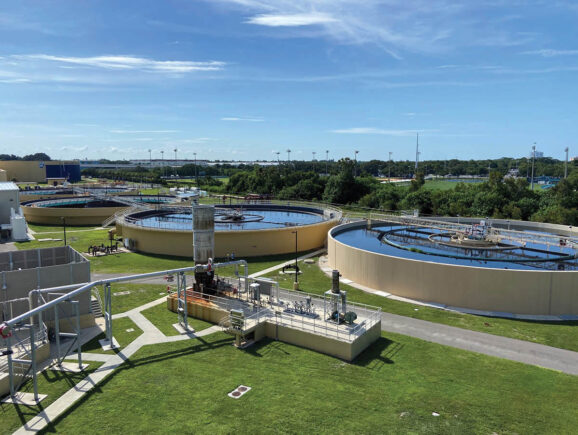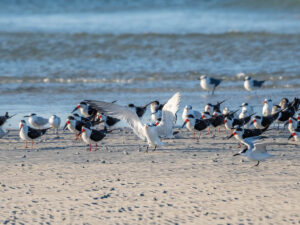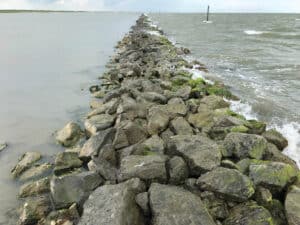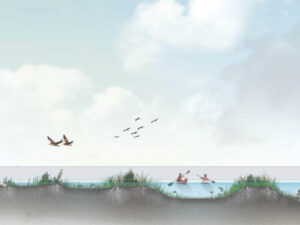Coastal Resiliency: Using Drones to Improve Wetland Restoration Studies
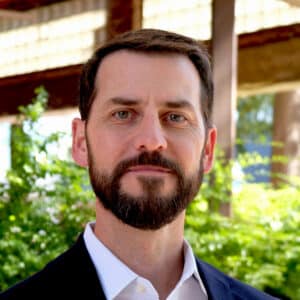
In a study published in Estuaries and Coasts, Whitney Broussard III, PhD, GISP, along with co-authors J. Mason Harris and James A. Nelson, have presented a novel approach to evaluate the success of coastal wetland restoration efforts. Their paper, titled “Evaluating Coastal Wetland Restoration Using Drones and High‑Resolution Imagery,” offers a fresh perspective on how technology can aid in the preservation of our rapidly disappearing coastal marsh ecosystems. Whitney serves as Freese and Nichols Environmental Lead in Louisiana.
Coastal marsh habitats, particularly in Louisiana on the Northern Gulf Coast of the USA, are being lost at an alarming rate. To combat this, state and federal agencies have initiated extensive wetland restoration projects. However, the traditional methods of monitoring the success of these projects are labor-intensive, limited in scope and often underfunded.
Enter the era of drones and high-resolution imagery. Broussard and his team have developed a streamlined method using commercially available drones equipped with high-resolution red, green and blue (RGB) cameras. This approach allows for a more comprehensive assessment of the effects of wetland restoration and integrates more modern tools into evaluation methodologies. The method was based on previous research that Broussard developed as a Research Scientist working to improve coastal restoration and monitoring while at the University of Louisiana at Lafayette. It also builds on Freese and Nichols’ commitment to partnerships with universities that, in return, bring technological advancements to our industry.
The team conducted drone flights over-restored brackish marshes of various ages, using a space-for-time substitution to understand the long-term success of marsh restoration. Their observations revealed that created marshes had higher land-to-water ratios than natural marshes, suggesting that these restored areas were gaining and maintaining elevation after approximately 10 years.
This finding is significant because drone surveys offer a low-cost, minimally invasive method for evaluating restored wetlands. More importantly, it provides a more accurate and realistic understanding of ecosystem function through site-specific habitat configurations.
